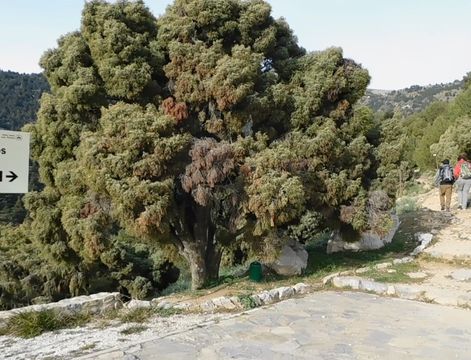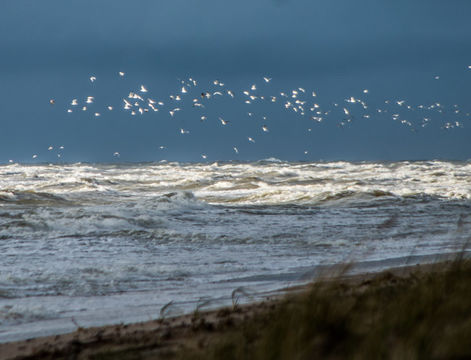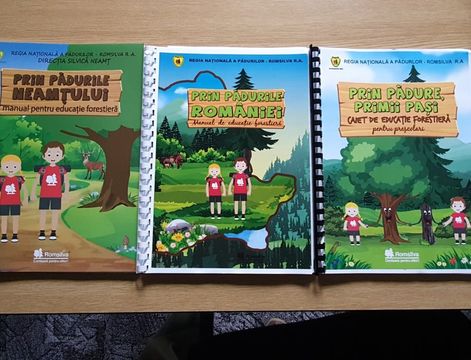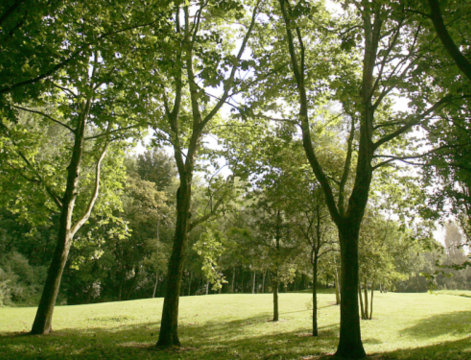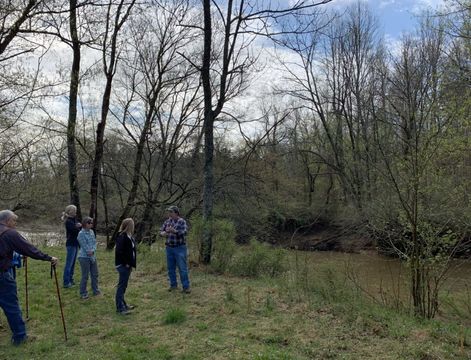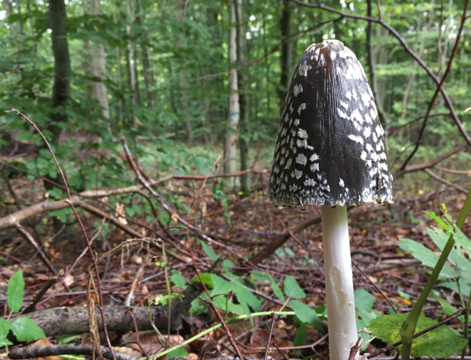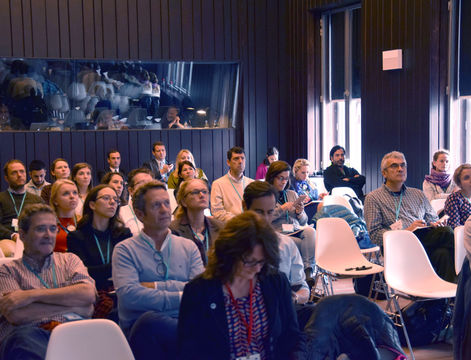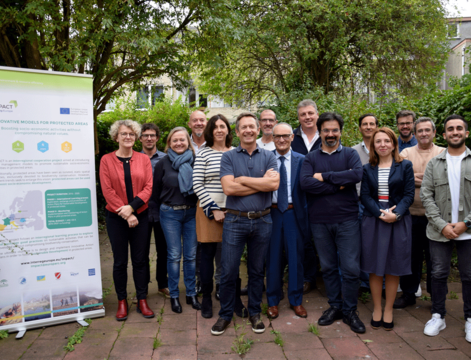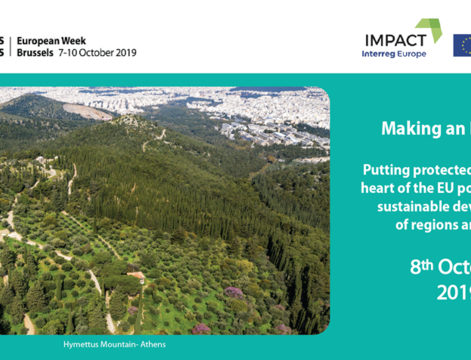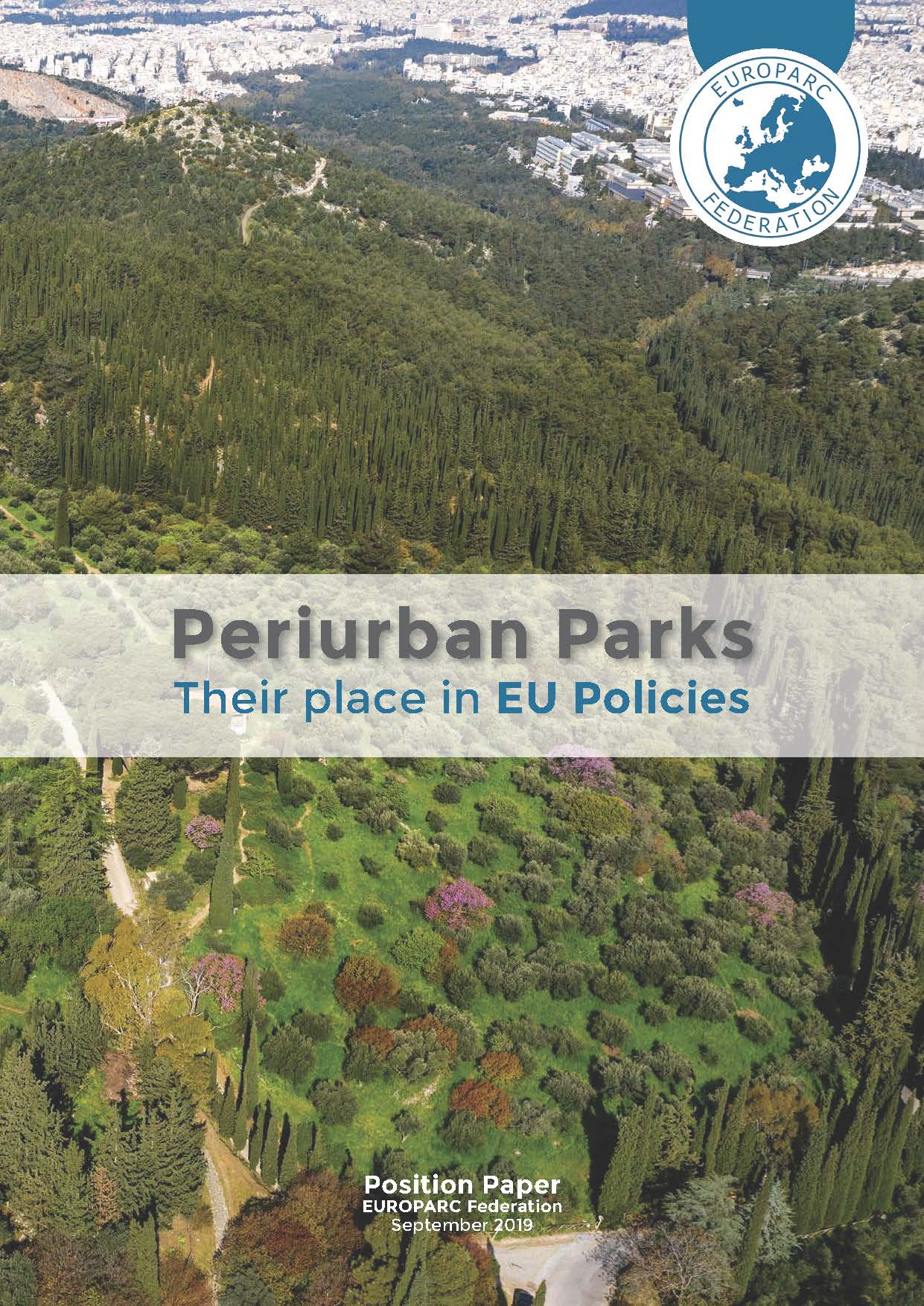In Europe, agriculture and cattle breeding are fundamental for many Protected Areas. Indeed, the protection of some specific landscapes, habitats and species depends on farming activities. Agriculture builds up the identity of local communities with tastes and long-lasting traditions, promoting cultural heritage and social cohesion. In some areas, farming activities are essential for the local economy, and are interconnected with tourism and other economic sectors.
Nevertheless, without environment-friendly practices, agriculture and cattle breeding can have huge negative impacts, dramatically contributing to biodiversity loss, impoverishment of soils and erosion, depletion and contamination of water and air pollution – affecting nature and human well-being. Hence, to build alliances and mutual understanding with farmers is crucial for many Protected Areas managers.
Diversity & partnerships: working together towards a green economy
The situation of agriculture in Europe is highly variable, and differences can be seen in:
Scale: from the small subsistence agriculture (e.g. some parks in Eastern Europe) to big agroindustry and extensive agriculture (e.g. parks in the Netherlands or Germany);
Location: farming in remote areas (e.g. in the Alps) or near big cities (e.g. within periurban parks);
Type of production: simple products for local markets or very high-profit productions (e.g. parks in the Champagne’s area);
Type of approach: the traditional local farmers vs new “hobby” farmers.
This means, for Protected Area managers who are looking for local solutions, that their stakeholders might have diverse attitudes, approaches, dimension, and needs. There is no one solution to fit all situations. To build effective dialogue and partnerships profitable for everyone, protected areas need to be aware of this diversity.
In this Webinar, two examples of strong collaborations between Protected Area authorities and farmers, involving also other actors such as public bodies, universities and NGOs, have been explored.



